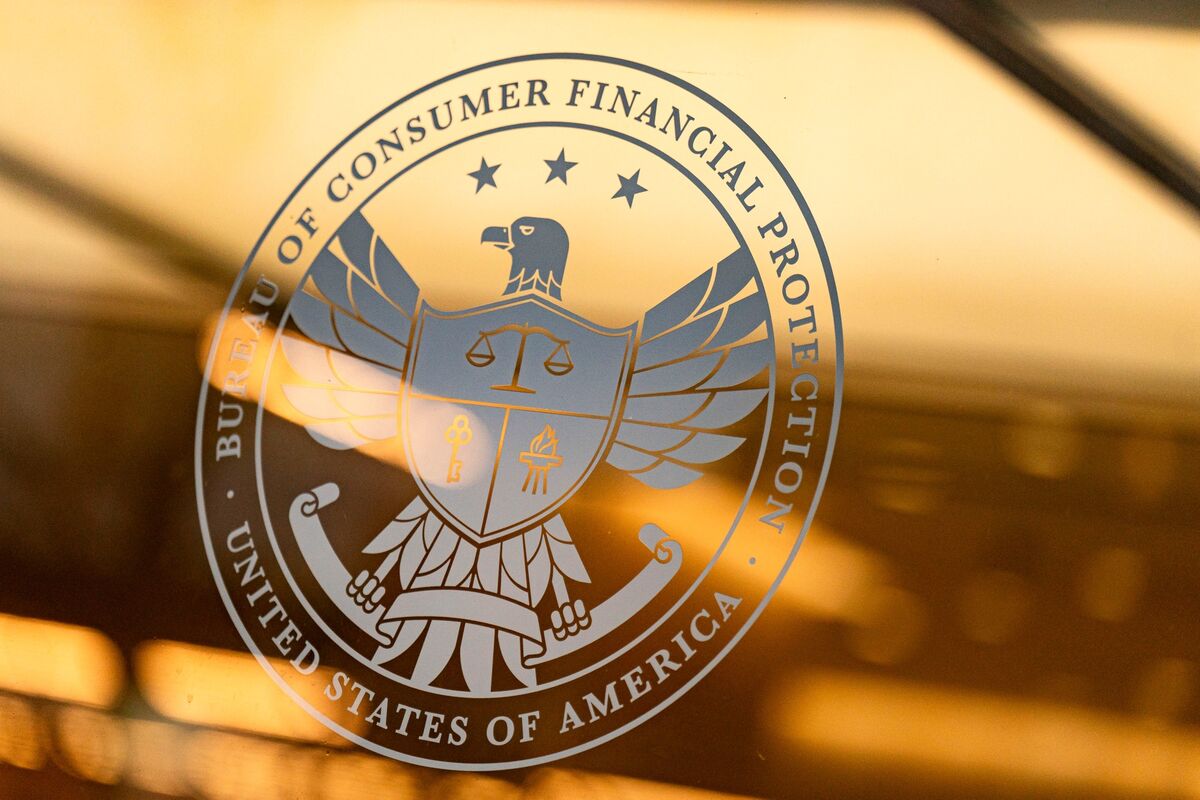Banking
CFPB Weighs Allowing Banks to Charge Data Fees

CFPB Considers Fees for Bank Data Access Amid Open Banking Talks
Picture this: You log into your bank app, ready to check your balance, when suddenly a popup appears—your bank now charges a fee to share your data. Sounds like the start of a dystopian tech thriller, right? Believe it or not, this could become a reality as the Consumer Financial Protection Bureau (CFPB) is exploring new rules that might just permit banks to charge customers for access to their own financial data.
What’s Happening?
The CFPB is revising its open banking rules and has hinted at allowing banks to charge fees for sharing customer data with third-party services like budgeting apps or lenders.
Where Is It Happening?
This proposal is being discussed at the federal level, potentially impacting banks and financial institutions across the United States.
When Did It Take Place?
Stakeholder meetings have been ongoing, with the CFPB weighing public feedback before finalizing any changes.
How Is It Unfolding?
- The CFPB has engaged with stakeholders to debate the implications of the proposed changes.
- Industry insiders suggest the agency is open to banks charging fees for sharing data.
- Critics warn that such fees could stifle innovation and limit consumer choice.
- Payment apps and fintech firms could be among the hardest hit if these changes take effect.
- Final rules are expected to be released after a public feedback period.
Quick Breakdown
- The CFPB is updating its open banking regulations.
- Banks may soon be allowed to charge for sharing customer data.
- Third-party financial apps could face higher costs or restrictions.
- Consumer advocates fear reduced transparency and accessibility.
Key Takeaways
The CFPB’s potential decision to allow banks to charge for data access could reshape how consumers interact with financial apps. While banks may gain a new revenue stream, consumers and fintech companies might face higher costs and fewer options. If passed, this could lead to fewer innovative financial tools, making it harder for users to manage their money efficiently. It’s a classic clash between financial.」
“If banks charge for data access, it’s like putting a toll booth on the information highway—consumers and innovators will pay the price.”
– Alex Carter, Fintech Policy Analyst
Final Thought
The CFPB’s proposal to let banks charge for data access could turn the financial world upside down. While banks stand to gain, consumers and fintech companies may face higher costs and fewer options. If passed, this rule could stifle innovation and make financial management more expensive for everyone. Stay informed, speak up during public comment periods, and prepare for potential changes in how you access your financial data.
















